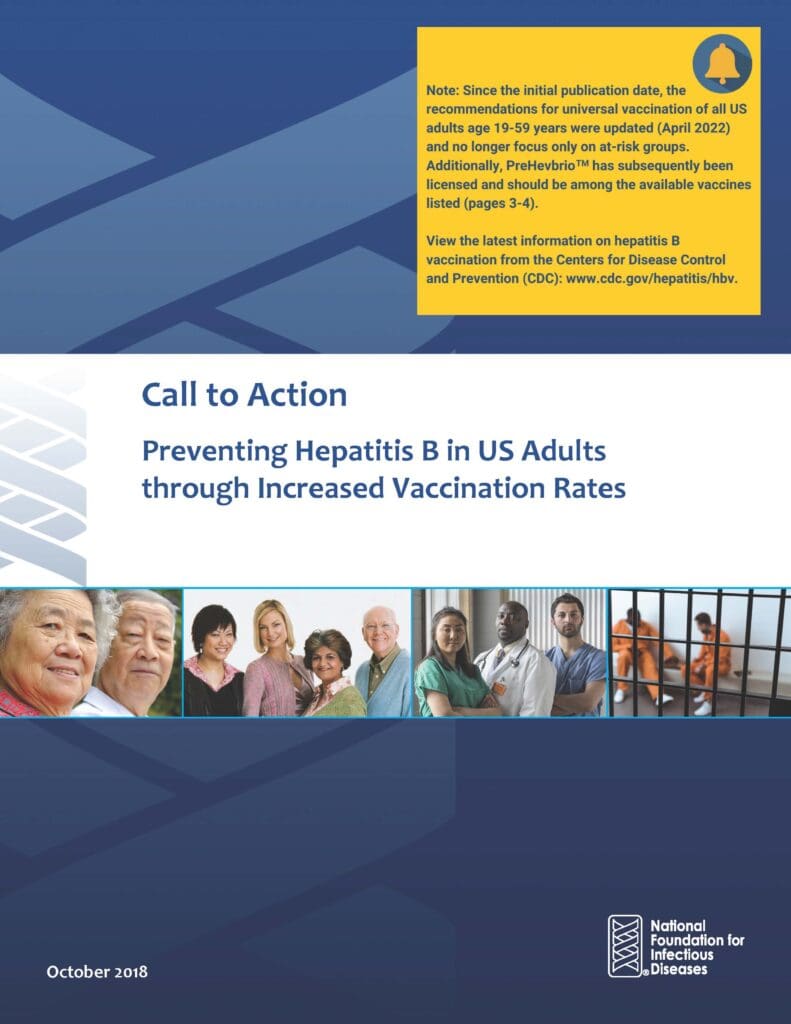
I was unknowingly infected with hepatitis B and first learned of this when I donated blood at my college at age 19. I had not yet become a medical doctor. I will never forget how the nurse made me feel when she explained my blood test results to me. She could not tell me if I was chronically infected or what would happen to me. All I remember is that I was scared and had no one to turn to. The nurse made me feel dirty, like I was carrying a lifelong disease. I later learned that I had cleared the infection and that I now had immunity against hepatitis B.
The fear that I felt was one of the main reasons that led me to go onto medical school. I wanted to be a doctor so one day I could help people so they do not go through what I went through emotionally.
Fast forward to the present, I finished medical school, went on to complete 2 medical residencies—my specialties are internal medicine and preventive medicine. I have had the opportunity to go on and work for Doctors Without Borders, I have been to Syria and provided medical aid there (the war is still raging there). I have been to Swaziland working on TB/HIV. I was also part of the Ebola response in Sierra Leone in 2015. I was a leader for Maricopa County’s mpox response. And I am proud to have been a physician leader responding to COVID-19 for the Navajo reservation and New York City.
Just recently, a few months ago, I was donating my stool to a company out in Tempe where they make pills using donated stool that has good flora to treat those with recurrent C. difficile infection. My motivation for doing that was a colleague/friend who used to report to me who I have been in touch with for more than 10 years. She is a lung cancer survivor, but she suffers with chronic C. difficile infection, and I wanted to do my part to help her.
While donating stool, they performed blood tests on me. And since I was naturally infected with hepatitis B, I have antibodies that reflect that on my blood test results. Because of this, I was turned away after weeks of donating my stool. How I was treated at the stool donation center reminded me of the time I was in college where that nurse stigmatized me. I felt awful that day, I felt ashamed and embarrassed, I walked out of the building and to the parking lot feeling dejected and sad. I have tried on several occasions to call the company to find out why my stool was turned away but never got a response.
The other thing I am learning is that if for some reason later in life, I am diagnosed with some kind of cancer and need to be on medication, there is a possibility that my hepatitis B infection could reappear.
I always try to keep a positive outlook. As a former smoker, I do everything I can to stay healthy—I try to run a couple of miles weekly, practice yoga regularly, participate actively with hiking groups. I bike, ski, scuba dive when I can and most of all, I try to keep my stress levels down. I am a doctor, but I am also human and have flaws.
Hepatitis B affected me at a young age, but in many ways I am glad it did. I am a better doctor for it. I can empathize with my patients and I can advocate for them. I am one of them, and I can look out for them, so they never have to experience what I did.
Share Your Story
Please share your story to help others understand more about the impact of vaccine-preventable diseases, drug-resistant infections, and other infectious diseases
Related Resources

Did You Know Hepatitis B Can Be Prevented?
Animated public service announcement videos on the importance of preventing hepatitis B through vaccination

Call to Action: Preventing Hepatitis B in US Adults
Call to Action highlighting best practices to help increase hepatitis B vaccination rates among US adults (November 2018)
